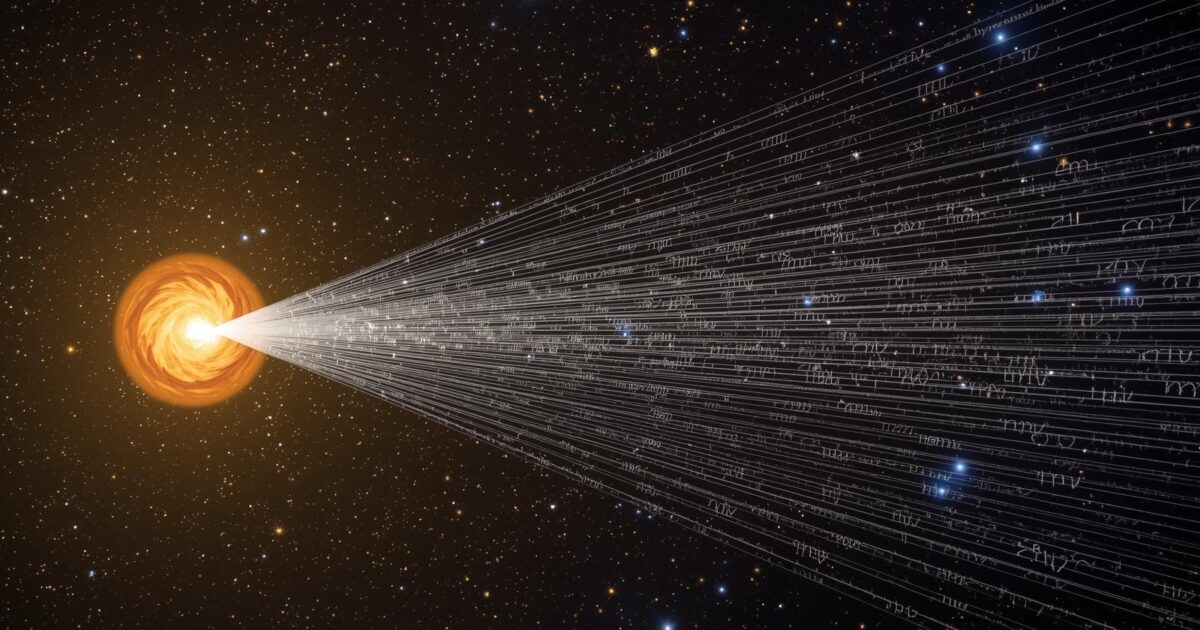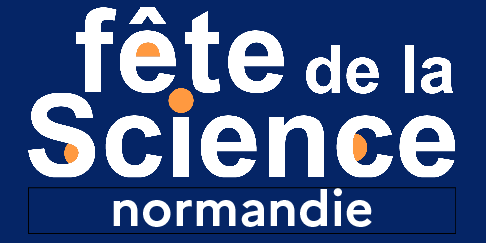Actualité.
RESULTATS, SEMINAIRES, EVENEMENTS
Science & technique
NOUVEaux ARRIVANTs
Février 2026
- Mahbobeh JAFARPOUR LANTONNET, Enseignante-Chercheuse CDD | Groupe Applications Médicales, Industrielles et Environnementales
- Paul ZOUNDA, CDD IR | Service électronique et microélectronique
Séminaires internes
Publications scientifiques
- [hal-05506496] Simulation and optimization of the Active Magnetic Shield of the n2EDM experiment
The n2EDM experiment at the Paul Scherrer Institute aims to conduct a high-sensitivity search for the electric dipole moment of the neutron. Magnetic stability and control are achieved through a combination of passive shielding, provided by a magnetically shielded room (MSR), and a surrounding […]
- [hal-05504688] Performance of the Particle-Identification Silicon-Telescope Array Coupled with the VAMOS++ Magnetic Spectrometer
The Particle-Identification Silicon-Telescope Array (PISTA) is a new detection system designed for high-resolution studies of the fission process induced by multi-nucleon transfer in inverse kinematics. It is specifically optimized for experiments with the VAMOS++ magnetic spectrometer at GANIL […]
- [hal-05503589] GWTC-4.0: Searches for Gravitational-Wave Lensing Signatures
Gravitational waves can be gravitationally lensed by massive objects along their path. Depending on the lens mass and the lens--source geometry, this can lead to the observation of a single distorted signal or multiple repeated events with the same frequency evolution. We present the results for […]
- [hal-05491429] Black Hole Spectroscopy and Tests of General Relativity with GW250114
The binary black hole signal GW250114, the loudest gravitational wave detected to date, offers a unique opportunity to test Einstein’s general relativity (GR) in the high-velocity, strong-gravity regime and probe whether the remnant conforms to the Kerr metric. Upon perturbation, black holes emit […]
- [hal-05495662] Constraints on gravitational waves from the 2024 Vela pulsar glitch
Among known neutron stars, the Vela pulsar is one of the best targets for gravitational-wave searches. It is also one of the most prolific in terms of glitches, sudden frequency changes in a pulsar's rotation. Such glitches could cause a variety of transient gravitational-wave signals. Here we […]
- [hal-05495560] Open Data from LIGO, Virgo, and KAGRA through the First Part of the Fourth Observing Run
LIGO, Virgo, and KAGRA form a network of gravitational-wave observatories. Data and analysis results from this network are made publicly available through the Gravitational Wave Open Science Center. This paper describes open data from this network, including the addition of data from the first part […]
événements
Les chasseurs de neutrinos
Les chasseurs de neutrinos Planétarium LUDIVER – Soirée conférence Rendez-vous le vendredi 10 octobre à 18h30 pour une conférence passionnante avec Valentin PESTEL, physicien au laboratoire de physique corpusculaire de Caen, qui...
Fête de la science 2025
Fête de la science 2025 Pour sa 34e édition, la Fête de la science sera tournée vers l’exploration des multiples formes d’intelligence A Caen, sur le campus 2 de l’université,...
Revue de presse
Podcasts
Autres actualités
 CNRS
CNRS
- How the piano set the world in tuneManufactured primarily in England and France starting in the early 18th century, pianos were massively exported, in particular to the Americas, leading to the emergence of new repertoires. This is the amazing story of an instrument that has crossed oceans, social classes and musical styles.
- Gravitational wave detections spark great expectationsOn 14 September, 2015, the international LIGO/Virgo collaboration detected the very first gravitational wave signal, a tiny distortion of spacetime predicted by Einstein, in this case produced by the merger of two black holes. The CNRS astrophysicist Marie-Anne Bizouard explains how this discovery has opened up a new window on the Universe.
- Ten years on, mixed results for the Paris AgreementIn 2015, the historic Paris Agreement, signed by 195 countries, sought to limit global warming to 2 °C. Ten years later, the results have yet to materialise, raising questions regarding the effectiveness of COP meetings, major climate gatherings whose latest edition recently took place in Brazil.
- The super powers of the plant microbiotaAlbeit little-known, plant microbiota or holobionts are essential for plant health and sustainable agriculture. The work of Philippe Vandenkoornhuyse in discovering their role has earned this CNRS ecologist international recognition.
- The eternal quest for healthy eatingIn the Middle Ages, sugar was praised for its therapeutic benefits, whereas melon was long considered harmful! The mediaevalist and food specialist Bruno Laurioux recounts the history of the eternal quest for a healthful diet, from antiquity to the present day.
 UNICAEN
UNICAEN
- « Il n’y a pas qu’une voie pour devenir réalisateur »Étudiant en 3e année de licence Arts du spectacle parcours Cinéma, Gianni, 20 ans et originaire de Caen, est aussi réalisateur.
- Retour en images sur les Journées portes ouvertes 2026Cette année encore, le public a été au rendez-vous : revivez les 2 dates des JPO sur l'ensemble de nos campus !
- Trophées Emploi public et Handicap : s’engager pour l’inclusionLe 27 janvier, l'Université a participé à l’étape normande des Trophées Emploi public et Handicap au Mémorial de Caen.
- Lancement de la plateforme nationale du doctoratLe ministère de l’Enseignement supérieur, de la Recherche et de l’Espace lance doctorat.gouv.fr
- Ouverture de Parcoursup & MonMaster : l’EOI vous accompagneL'EOI étend ses horaires d'accueil pour accompagner les étudiants dans leurs candidatures Parcoursup et MonMaster.
- Enquête 2026 sur la santé des étudiants et étudiantesParticipez à une enquête pour connaître votre santé et mieux répondre à vos attentes et besoins !
LPC Caen
LABORATOIRE DE PHYSIQUE CORPUSCULAIRE DE CAEN
Contact
- communication@lpccaen.in2p3.fr
- (+33) 2 31 45 25 00
- 6 boulevard Maréchal Juin, 14050 CAEN CEDEX

![[hal-05506496] Simulation and optimization of the Active Magnetic Shield of the n2EDM experiment](https://www.lpc-caen.in2p3.fr/wp-content/uploads/2025/03/Orange.png)

